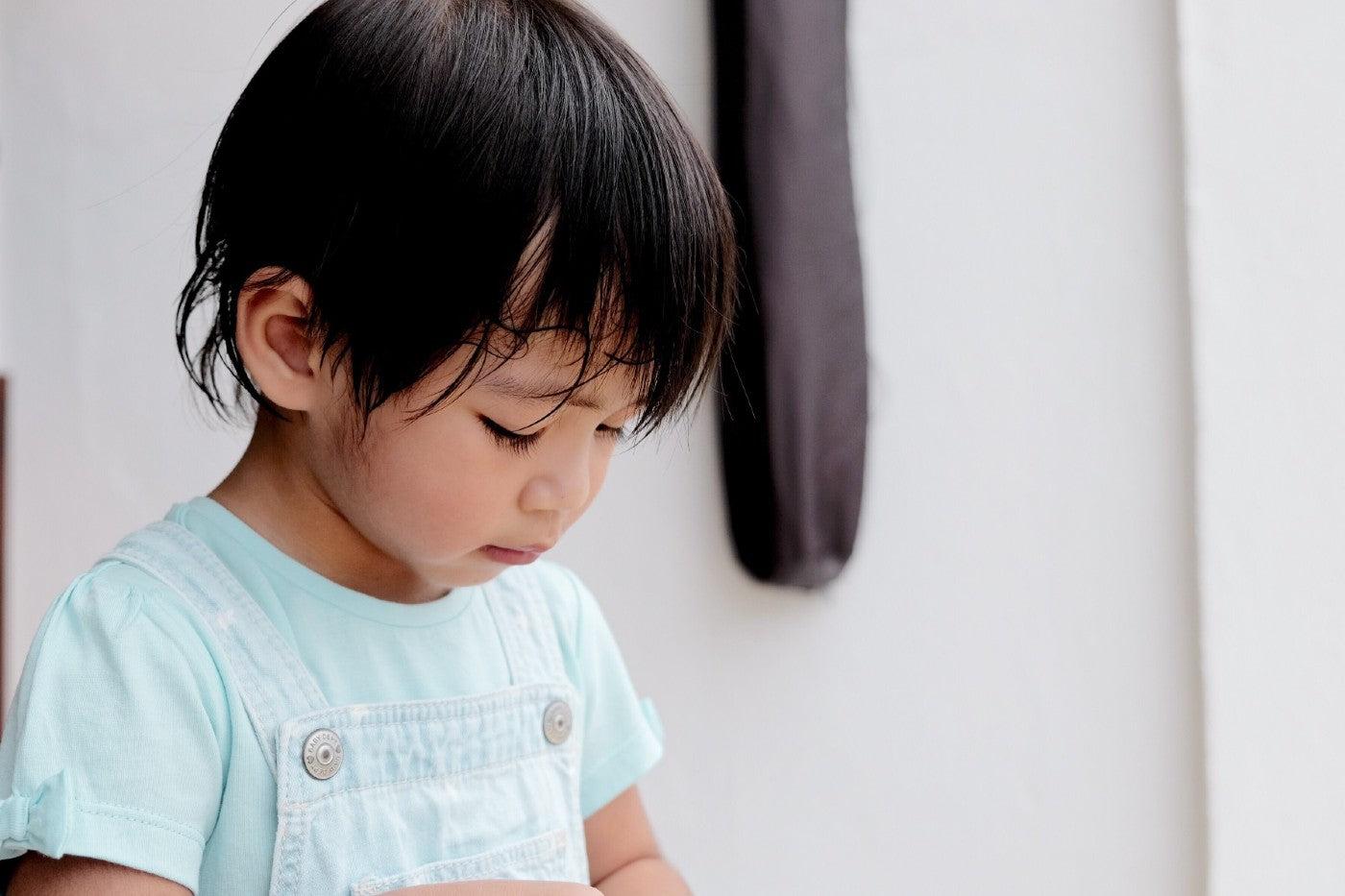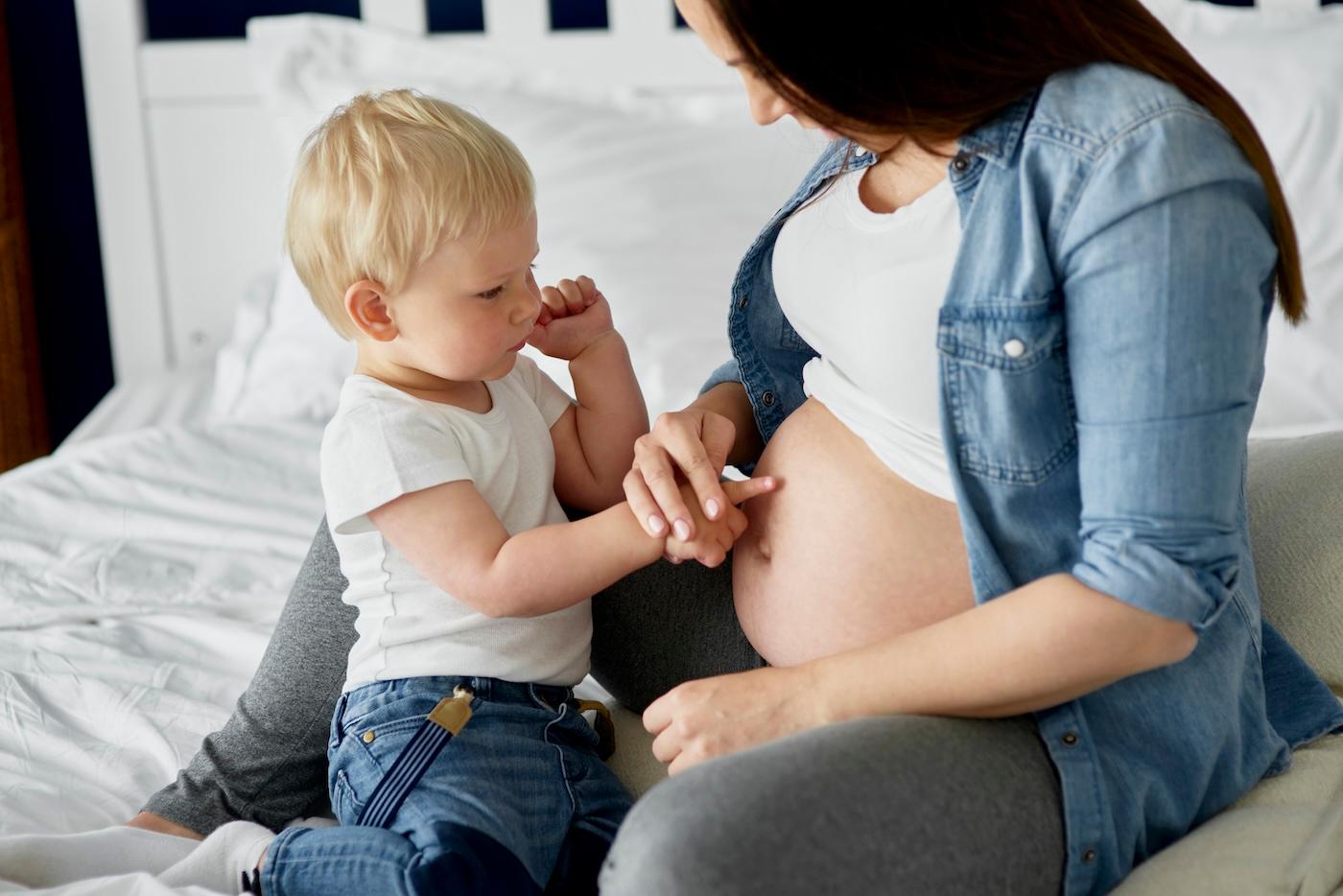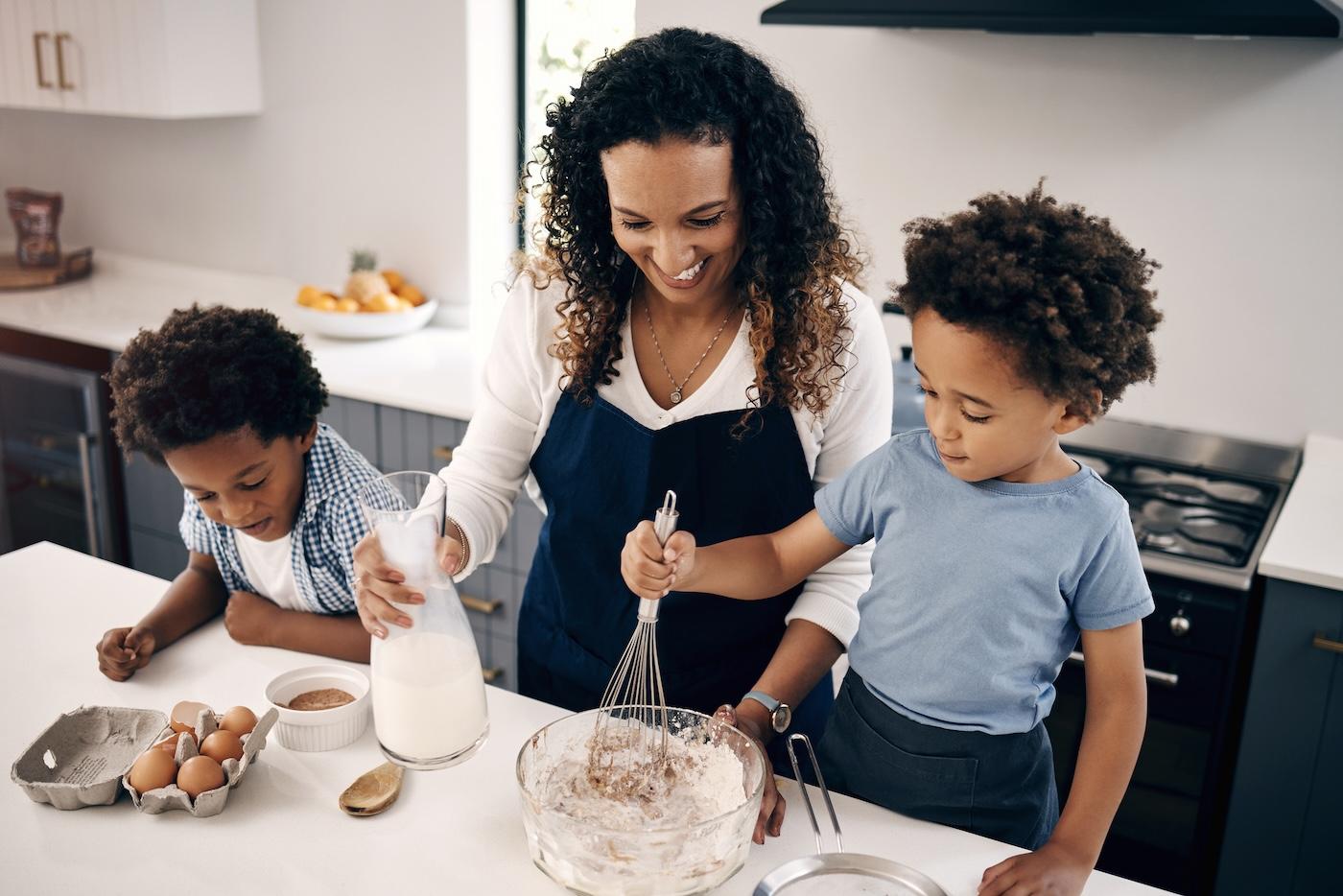TODDLER
Should I Expect My Toddler to Say, “I’m Sorry”?
Is an apology too much to ask for?

Written by
Dr. Harvey Karp

Once a tantrum has ended or a misbehaviour has stopped…should you expect your toddler to apologise?
Should Toddlers Say, 'I’m Sorry?'
All children need to be taught manners. But apologising after a misdeed may take a few years to learn. In general, quiet, shy kids learn to apologise faster than stubborn, challenging kids.
Try this instead: After your child misbehaves, ask for an apology, but do not insist on one. Making a huge issue about saying 'sorry' only invites a power struggle. (Mum: 'Say you are sorry!' Child: 'No, you cannot make me!' Mum: 'I am warning you!') You want to avoid battles you cannot win…and forcing your toddler to apologise is impossible if he really digs in his heels.
If your child shows no regret, then it may be time for a little kind ignoring. Say, 'You are still mad! You say, "No way, I do not want to say I am sorry!" Okay, sweetheart, I will check on you in a minute and see how you are feeling.'
How to Encourage Your Toddler to Apologise
Plant seeds of kindness by pointing out when other people apologise and include apologies in your fairy tales and role-playing.
If your child does apologise, do not make a big deal out of it. Simply say 'Thanks.' But, later on, gossip to his toys or Grandma about how good you feel when he says he is sorry. And praise him during your bedtime sweet talk routine.
And of course, lead by example! Parents may feel like they have to know it all or get it right the first time…but that is not real life. Like kids, adults are human, and we all make mistakes. So, the next time you lose your temper with your toddler or snap at your partner, you can show your child just how powerful those two little magic words—I’m sorry—can be by using them yourself.
Disclaimer: The information on our site is NOT medical advice for any specific person or condition. It is only meant as general information. If you have any medical questions and concerns about your child or yourself, please contact your health provider. Breastmilk is the best source of nutrition for babies. It is important that, in preparation for and during breastfeeding, mothers eat a healthy, balanced diet. Combined breast- and bottle-feeding in the first weeks of life may reduce the supply of a mother's breastmilk and reversing the decision not to breastfeed is difficult. If you do decide to use infant formula, you should follow instructions carefully.
SHARE THIS ARTICLE
PARENT PICKS
Bestsellers



















